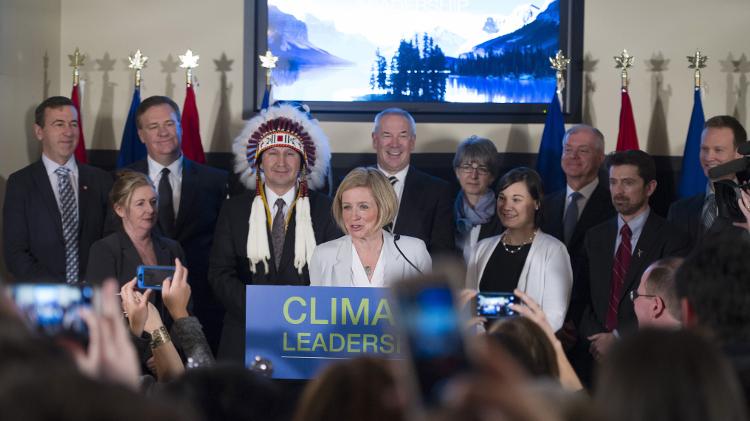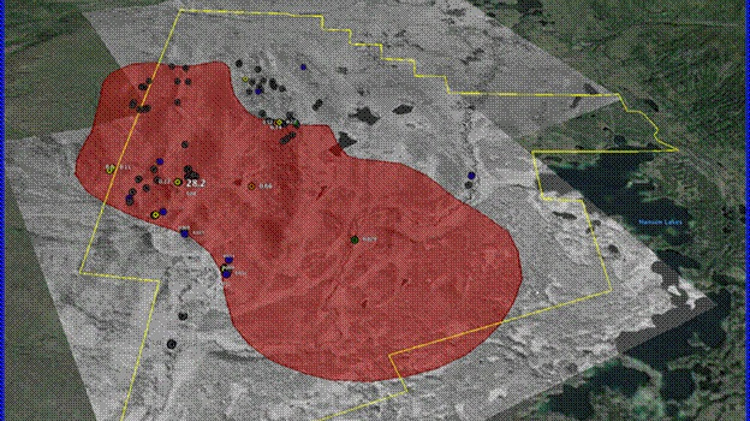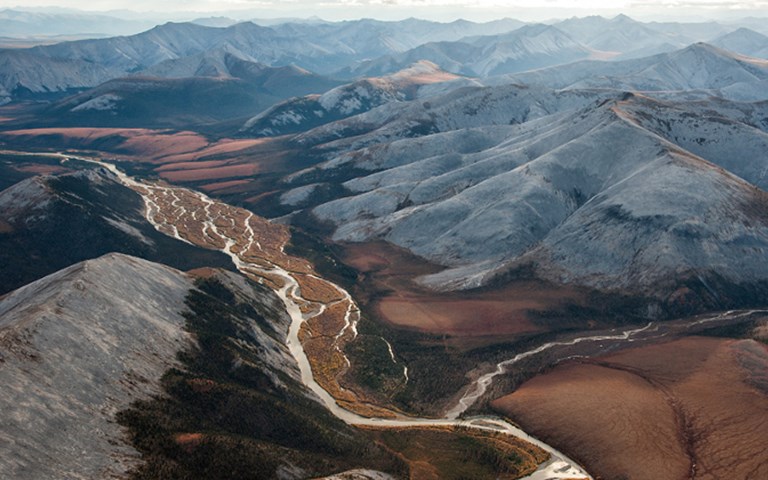There are about 9,000 mineral claims in the Peel Watershed region, pictured. The territorial government estimated that $47 million has been spent on exploration since 2002. Peter Mather/Protect the Peel
The Yukon Court of Appeal ordered the territory’s government to redo some of the consultation process for the Peel Watershed land use plan. The court upheld a December 2014 Yukon Supreme Court ruling because “Yukon failed to honour the letter and spirit of its treaty obligations,” according to the appeal court’s decision published on Nov. 4.
The Supreme Court and the Court of Appeal agreed with the plaintiffs in the original lawsuit, first launched in January 2014. The Yukon chapter of the Canadian Parks and Wilderness Society, the Yukon Conservation Society, and the Na-Cho Nyäk Dun, Tr’ondëk Hwëch’in and Vuntut Gwitchin First Nations argued the territorial government had deprived First Nations of effectively exercising their role in land use planning. Agreements with the territory entitled the First Nations to consult on land use planning processes through an independent planning commission.
There are about 9,000 mineral claims in the Peel Watershed region. The territorial government estimated that $47 million has been spent on exploration since 2002.
The Yukon Geological Survey estimated that companies spent $700 to $750 million on exploration and $500 million on development in Yukon as a whole from 2010 to 2014.
Related: Two Supreme Court decisions allow indigenous groups to directly sue companies in aboriginal title cases
During the final stages of the planning process, the government reduced the amount set aside for conservation to about 30 per cent, down from 80 per cent, which the appellate court declared were “new and substantive modifications that were neither consulted on nor put to the [independent Peel Watershed Regional Planning] Commission for consideration.”
Now everything completed after February 2011, including some consultations, will have to be redone.
“The Yukon government will review the court’s decision and consider the implications of today’s judgement. The government’s initial assessment is that we are satisfied with the court’s direction to go back to an earlier stage in the planning process,” the government stated in a press release.
Some of the plaintiffs expressed their concern that the ruling would not translate into more protected space, instead allowing the government to repeat the consultation process with its preferred plan. “The Appeal Court’s ruling supports our constitutional rights under the UFA, but does little to ensure the Yukon Government respectfully listens to what we have to say,” said First Nation of Na-Cho Nyäk Dun Chief Simon Mervyn in a press release. “Our trust has been seriously breached and we had hoped the Court would rule more decisively in our favour.”




